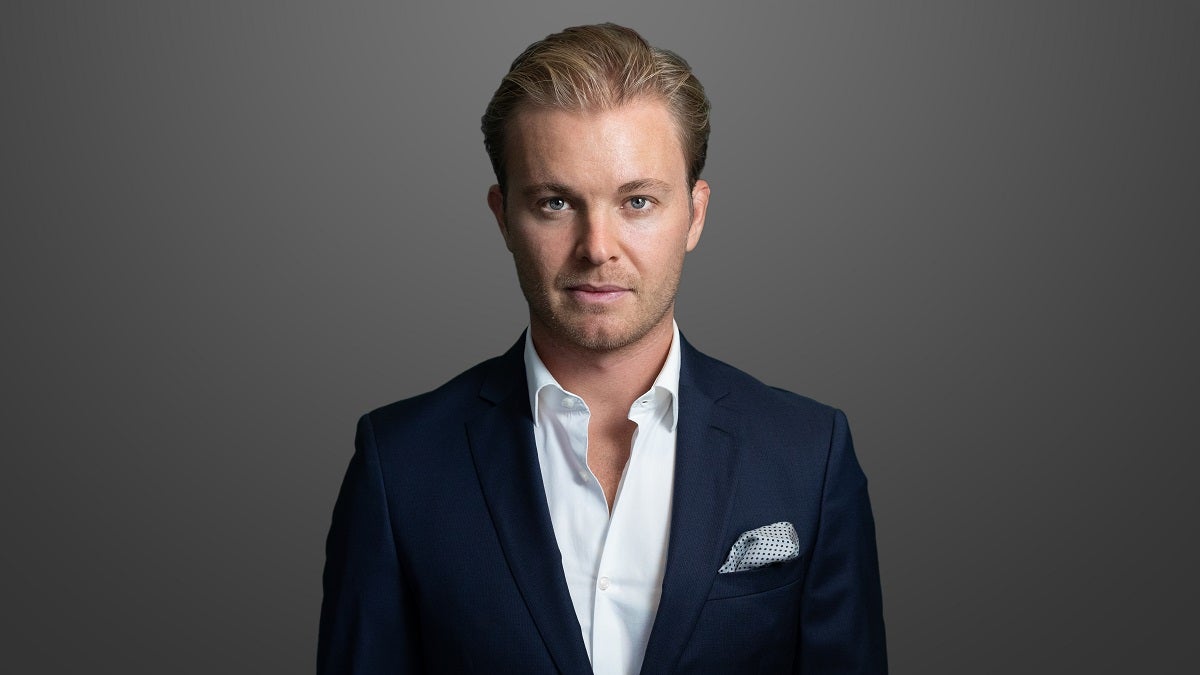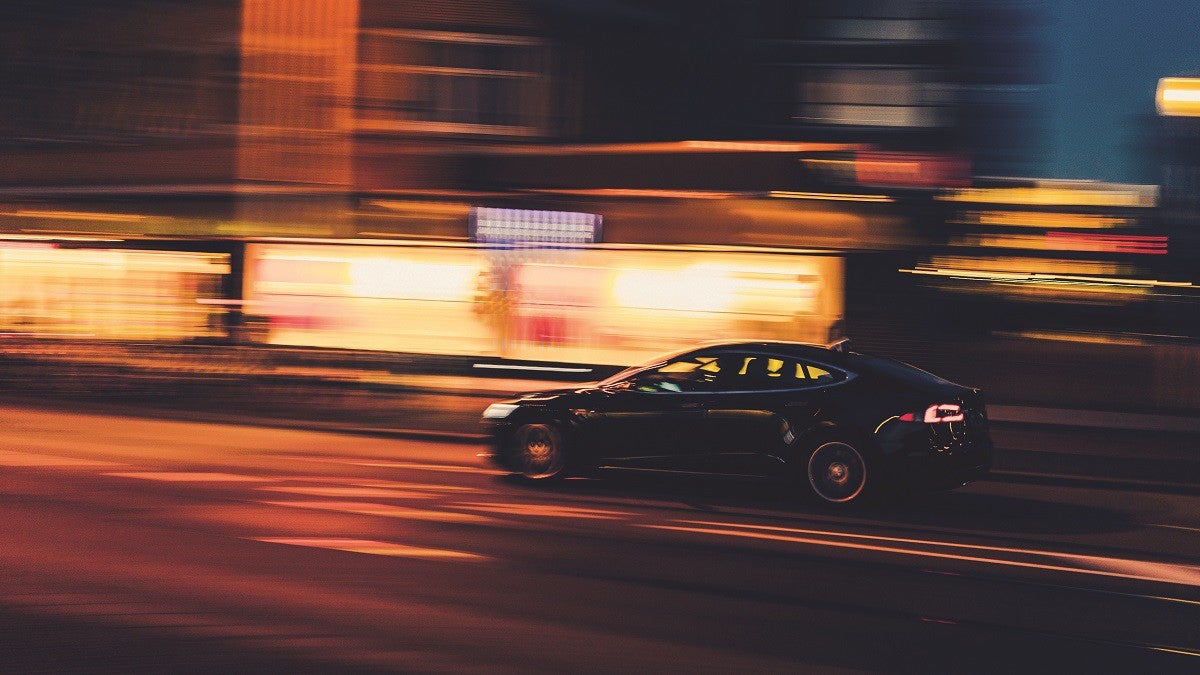You founded a festival to inspire people with the possibilities of future technologies. Why?
I’m a huge enthusiast of green technologies and a shareholder in Formula E, so I thought it would be awesome to build something big around that. The inspiration came from CES, the consumer electronics show, in Las Vegas. We aim to inspire and entertain people with the greatest innovations for our planet and thus accelerate positive change.
To make it more of a celebration, we added concerts to our setup. Our inaugural festival was a massive success. We had 30,000 visitors and a gross media reach of 1.5 billion. We were all overwhelmed by the positive feedback and I’m looking forward to the 2nd edition coming in June 2020.
Why did people respond so well?
Two main reasons: first, green technologies have begun to evolve in fascinating ways and second, the public interest in finding new ways of preserving our planet is at a cultural high point.
We had food technologies, like Beyond Meat, showcasing their newest foods, Volocopter, the world’s leading man carrying drones, Q Yachts, which are electric motorboats, the fastest car in the world, the £2m Pininfarina Battista with its Rimac electric powertrain that does 0-62mph in two seconds, as well as inspiring new concepts like a torch powered by the heat of your hand. These are all things I’m really passionate about, so it was so amazing to see.
And how do you see these technologies evolving?
We want to bring these topics to a wider audience. Entertainment plays a crucial role in our mission of celebrating change. We had the Formula E race, for example, and a lot of music with the band Bastille showcasing songs from their new album.
To break the mould and create excitement?
Exactly, because I strongly believe that in order to make a real impact on society you need reach. You need consumers to embrace green technologies and to embrace the global sustainability goals and sustainability in general. That’s important. With technology itself, you’re not going to get that reach, so what you’re doing with music really enhances the reach in a powerful way.
How easy is that?
This is the thing that’s so cool. At the moment, in the B2B world, one of the leading marketing topics is sustainability and so our platform has arrived at the perfect time for them to activate their messages. We are also a “melting pot”, uniting different worlds: startups, corporations, NGOs, VCs and a wide public audience of music, racing and sustainability enthusiasts. It’s amazing to see these target groups interacting and building synergies.
You’ve shown some interest in plant-based foods yourself, in terms of investing, is that right?
Yes, absolutely! That is increasingly becoming a passion of mine. It’s a fact that if we all go a little more plant-based in our diets than we are today, that will benefit our health and the environment. Eating less meat is one of the most powerful ways to help preserve our planet, so it’s a win-win.
As someone who’s come from Formula 1, how important are these innovations?
Because F1 is obviously not known for its sustainability. That’s not exactly fair to say because you could argue that Formula 1 has some of the most sustainable engines that are available today, because electric engines still depend on where that energy comes from if you’re going to look at how sustainable they are. But, yes, the bridge is to innovative technologies. Another reason for me investing heavily in the alternative and green mobility markets.
Where are you seeing the most interesting innovation taking place?
One of the sectors that is experiencing a notable change is first and last mile transportation. That’s why I have invested in shared mobility services, autonomous driving solutions and future mobility research, like air taxis.
Another aspect to consider is that cities are growing rapidly, as well as the number of people commuting every day, technologies have to provide solutions for taking people from A to B in the most efficient and sustainable way. Public transportation and infrastructure play an essential role. Great innovations are taking place in the urban setting. Take Luxembourg making public transportation free, or Copenhagen turning to bikes. A truly green infrastructure is one which residents enjoy, but that provides durable and inexpensive mobility, while being practical and addressing the underlying conditions of our energy crisis.
Why do you think electric cars have been slow to take off?
It’s mainly the price and then the range, but there’s going to be a transition very soon. The price will be equivalent, and once the range is the same, sales will really take off, probably in four to five years.
You recently met Donald Sadoway, a professor at the Massachusetts Institute of Technology and one of the world’s leading battery experts. How did it go?
He made it clear we’re still in the development of battery technologies, and that there’s so much room for progress. Local production and the recycling of batteries will be increasingly important for the European market. He also foresees hydrogen technologies becoming the long-term fuel of choice for shipping and many other kinds of transport. It was great to speak to a real visionary.
You obviously have a deep interest in engineering, you were offered a place in aeronautical sciences at Imperial College and you achieved the highest score in Williams team history in the aptitude test they give to new F1 drivers.
Yes, I have a keen interest in aeronautical sciences and engineering. My engineering firm TRE, for instance, is involved in the research and development of vehicle dynamics.
How confident are you when you think of all the Global Goals need to achieve?
I’m a huge fan of the Global Goals because they address all over the global challenges we are facing. The 9th goal, which focuses on “Industry, Innovation and Infrastructure” also happens to merge well with my own brand mission. However, we need to invest more time and effort into making them better known. If you stopped people in the street and asked them only a handful of people would know what they’re for. There remains a huge need to communicate them publicly, so we can all share a common goal and take action on both an individual and collective basis. Unfortunately, many countries have yet to adopt a more sustainable way of living and there is still too few of us that making a conscious effort to change. We need to reach out to the public worldwide if they’re to achieve a lasting positive impact!
Nico Rosberg is a former F1 World Champion, GreenTech Entrepreneur and Co-Founder of the Greentech Festival
Next week: Joe Cerrell, Managing Director, Global Policy and Advocacy, Bill & Melinda Gates Foundation
- The 2020 Super Year series is a collaboration between freuds, Goals House and Raconteur





